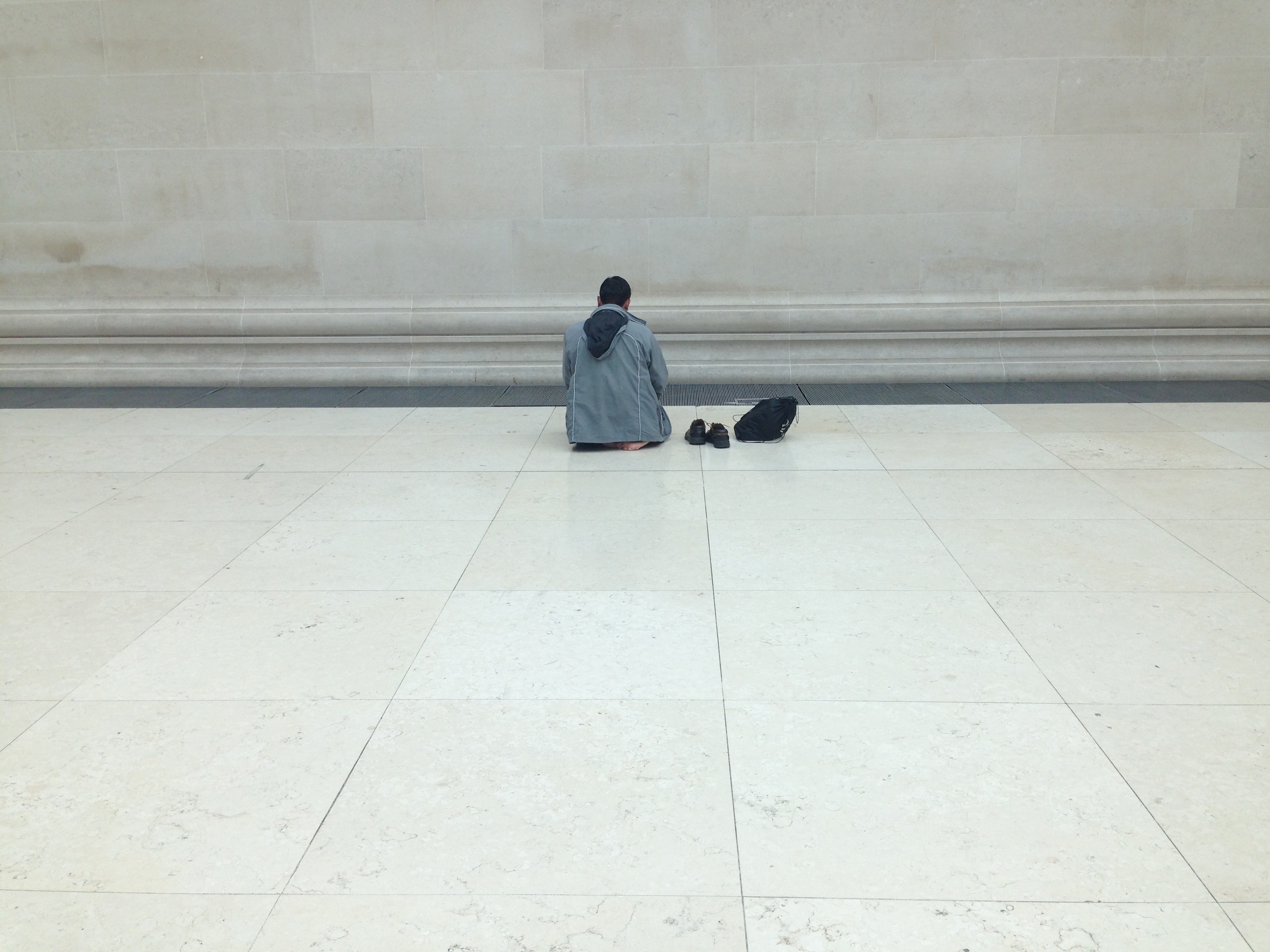Many directors could only dream of making a film that explores the complexities of faith, desire and self-discovery. Tarkovsky has paralleled the perspectives of three individuals, each in the pursuit of a deeper meaning. Using a juxtaposition of nature and wasteland, he creates visual narratives through camera angles and changes in aesthetics that are perfectly syncopated with the story to form the emotional backbone of his heavily metaphorical tale.
Cordoned off with barbwire by a military state that fears its power, The Zone is the destination of Writer and Professor, both of whom are guided into the dangerous no-man’s land by Stalker, whom has intimate knowledge of the place. The aggressive, self-loathing Writer has embarked on this journey in search of “inspiration”, the Professor is determined to make a “discovery”, and the Stalker, a man who finds escape from personal unhappiness, his duty out of a belief that it brings “hope” to his lost, wretched people. Aside from book-ending with a heartbreaking insight to a struggled romance, specifically the masterful climactic monologue from Stalker’s wife, the film concentrates on this trio as it makes its way through The Zone, a lush, green landscape, littered with the burned out husks of automobiles, military tanks, and askew telephone poles no longer in use.
Here Tarkovsky keeps thematic integrity, barely bothering to affect any semblance of a “futuristic” ambiance, giving a gallery of masterful close-ups, no two alike and all stunning in their formal composition and expressiveness, from lightly sepia tones to dark hazy shadows. He brings light to open-ended philosophical, psychological, and existential ruminations about the nature of art and the essence of the human soul.
Stalker proceeds as an episodic series of starts and stops, obeying the mystical aura of a constantly changing and evolving higher power, its protagonists’ forward momentum through The Zone periodically halted by contentious arguments in which initial assumptions about each character are challenged: the Writer’s quest for inspiration is muddled by moments of nihilistic despair, the Professor’s desire for knowledge is upended by the revelation about his true motives for venturing to The Room, and the Stalker’s conviction that his job is a righteous one—and that others derive anything worthwhile from his expeditions—is somewhat contradicted by his own fearful refusal to enter The Room.
Throughout poetic moments, the film questions human idealistic perceptions of beauty and how we are all just tangled knot of memories, fears, fantasies, nightmares, paradoxical impulses, and a yearning for something that’s simultaneously beyond our reach and yet intrinsic to every one of us. In the end, everything can be reduced to the one simple element which is all a person can count upon in their existence- the capacity to love.
